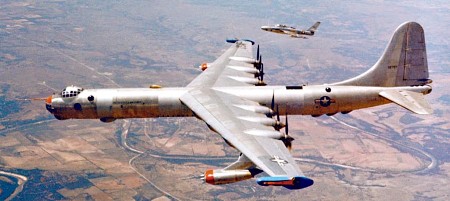Airlines look for options to keep costs down

The next horror film could be based on a trip to the gas station, imagine that! We all know of how much it pains our hearts to burn precious fuel as we go about dealing with the most gas guzzling task in the entire world, TRAFFIC! Well that’s what we have to deal with now compare your car woes to a fleet of jets in an airlines nest and you’ll know what the pains of an airline are. Considering that 25% of an airlines cost of operations goes into just filling it up with gas, it isn’t surprising to know of airlines going bankrupt in the near future. Southwest Airlines however doesn’t have that problem the low-cost, no frills, peanuts (or pretzels) only airline has been fuel conscious for years. The Texas-based carrier buys its fuel years in advance. The company orders its Boeing 737’s with drag-reducing, energy-saving upswept wing tips and now it’s reportedly hosing down the insides of its jet engines for smoother air flow and better fuel economy. But it still doesn’t really help the other airlines much, jet engines, are one of the fuel hungriest machines ever devised by man. With so much invested in jets it’s hard to imagine the airlines as well as the aircraft manufacturers switching to something else in the name of customer comfort. The Airlines are left with two options to save them from going extinct.
Turboprops essentially are a gas turbine engine with a propeller attached. These are still commonplace around the world for commuter airlines the military, cargo planes and some corporate aircraft. The advantage of the turboprop over the jet engine is thrust: the big three, four, six or now eight-bladed propellers grab at the air and push the plane forward more efficiently than with just the thrust of a jet engine. Compared side-by-side with a regional jet of the same passenger capacity, a commuter turboprop will use about 30 percent less fuel and get there in nearly the same time. The world’s militaries, knowing how important fuel is in battle, employ turboprops for their efficiency. However not many prefer the bumpy ride of the alternatives used in the past namely being Turboprops.
The other option for the airlines is to find a cheaper fuel. Air New Zealand has plans to burn a biofuel based on jatropha oil in for 10 percent of their needs by 2013. The airline, along with Continental and Virgin Atlantic Airways, has also joined the Algal Biomass Organization in the hopes that algae may, in the future, be a source of fuel. A new fuel, however, will take a long time to develop, be certified by aviation regulatory agencies and be brought into full production. In the short term there is no good news for the airlines, in both scenarios its going to be rather grueling to keep flying for them and us alike.
Source